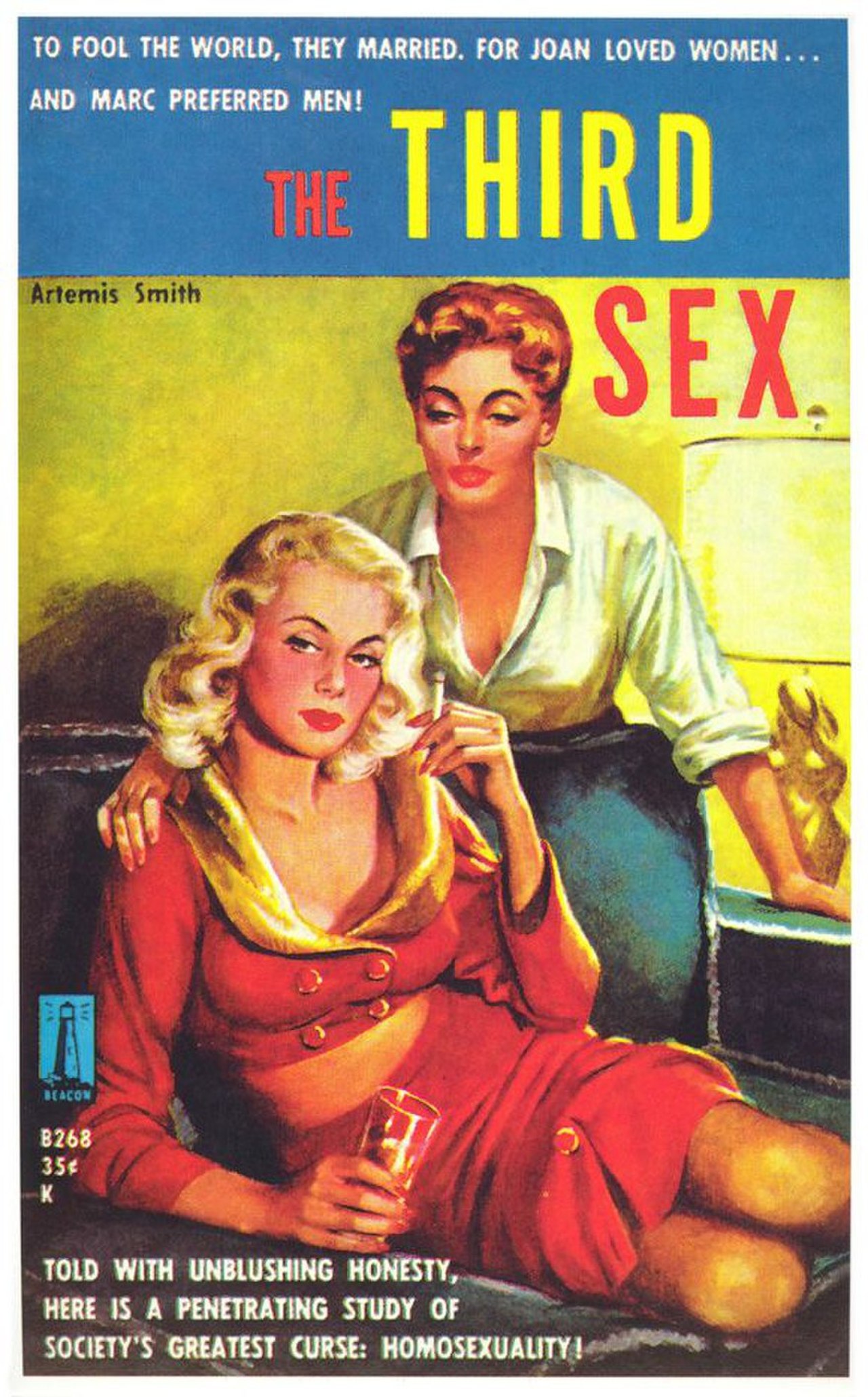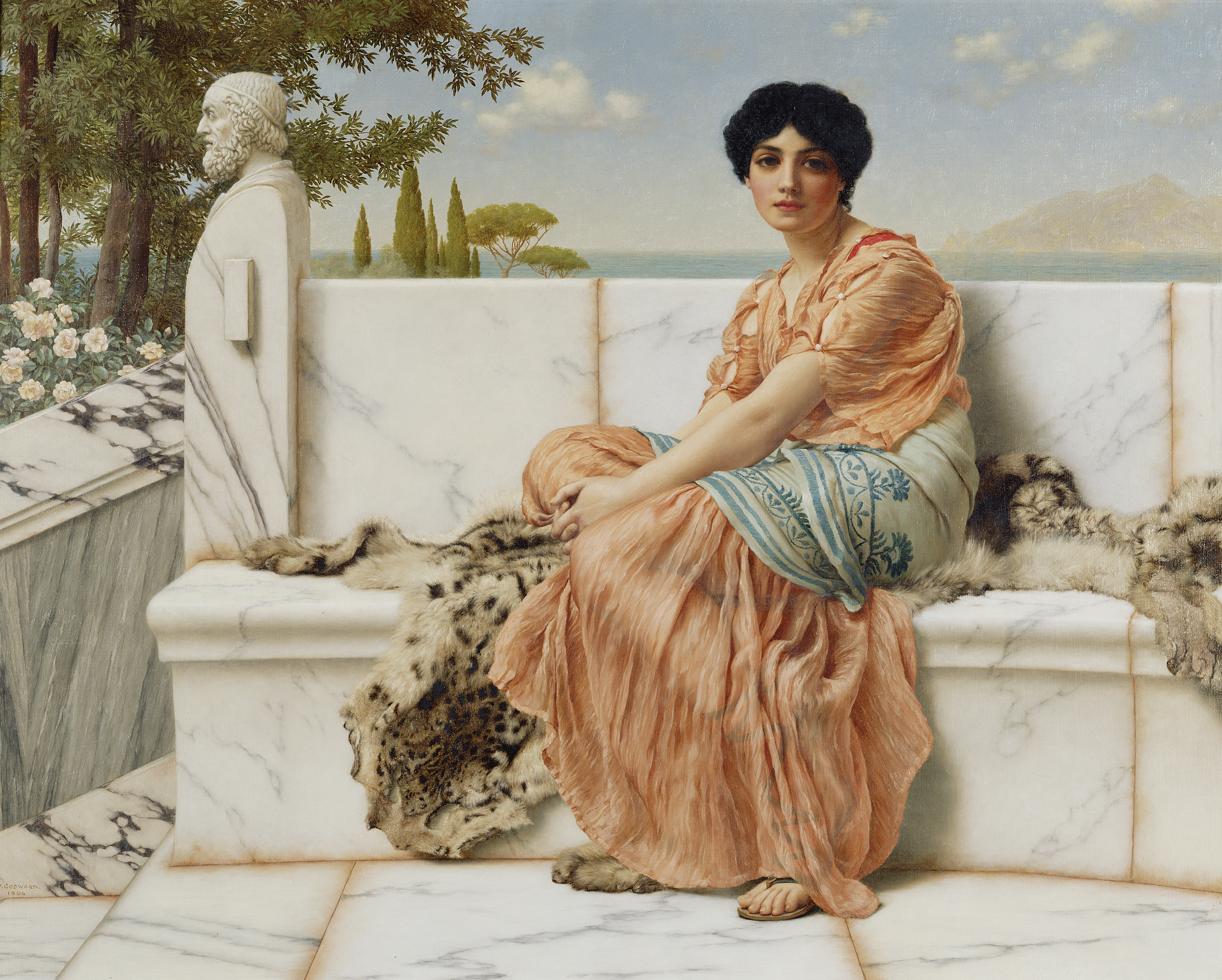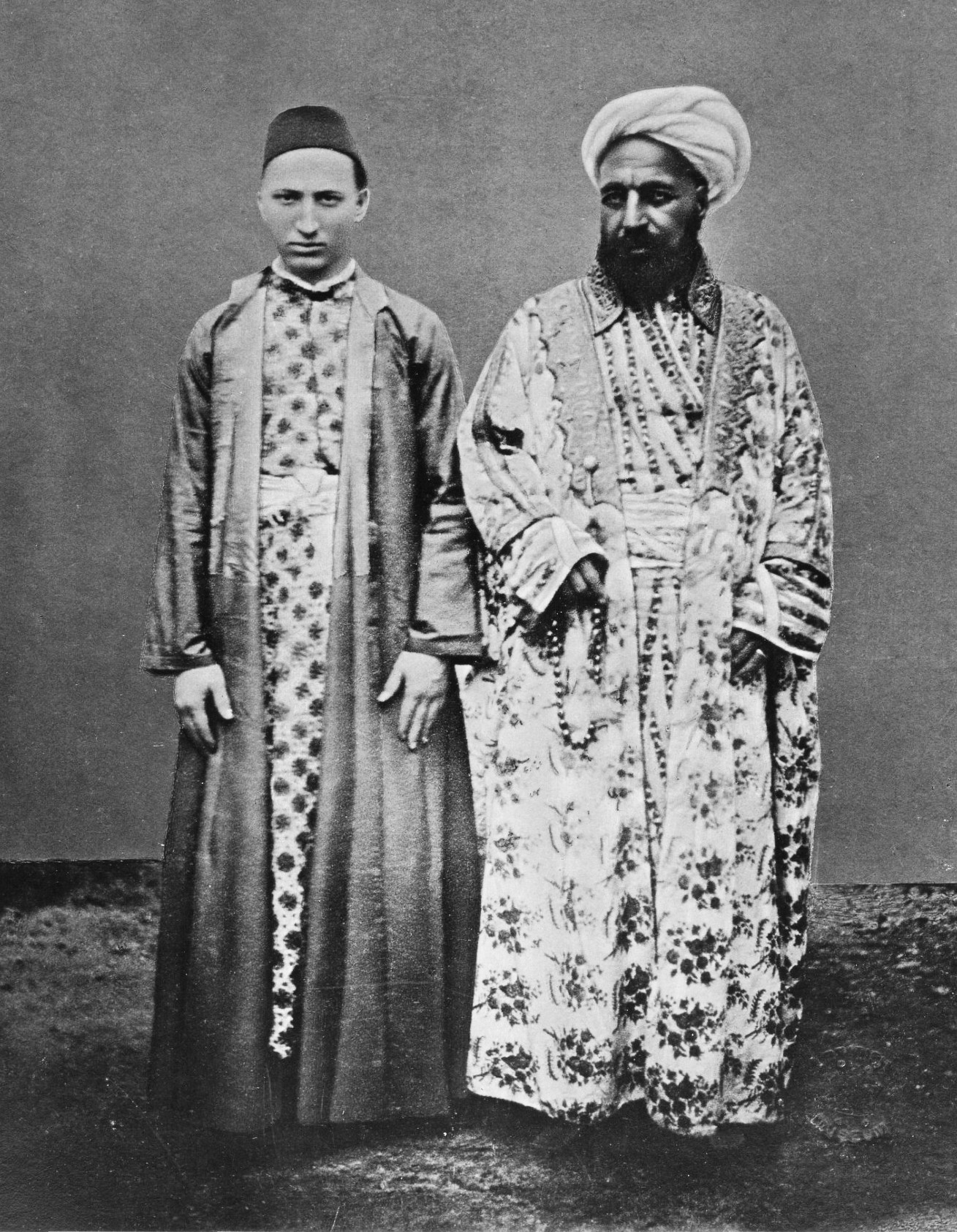|
Lesbian Pulp Fiction
Lesbian pulp fiction is a genre of lesbian literature that refers to any mid-20th century paperback novel or pulp magazine with overtly lesbian themes and content. Lesbian pulp fiction was published in the 1950s and 60s by many of the same paperback publishing houses as other genres of fiction including westerns, romances, and detective fiction. Because very little other literature was available for and about lesbians at this time, quite often these books were the only reference the public (lesbian and otherwise) had for modeling what lesbians were. Stephanie Foote, from the University of Illinois commented on the importance of lesbian pulp novels to the lesbian identity prior to the rise of organized feminism: "Pulps have been understood as signs of a secret history of readers, and they have been valued because they have been read. The more they are read, the more they are valued, and the more they are read, the closer the relationship between the very act of circulation and re ... [...More Info...] [...Related Items...] OR: [Wikipedia] [Google] [Baidu] |
Lesbian Literature
Lesbian literature is a subgenre of literature addressing lesbian themes. It includes poetry, plays, fiction addressing lesbian characters, and non-fiction about lesbian-interest topics. Fiction that falls into this category may be of any genre, such as historical fiction, science fiction, fantasy, horror, and romance. Overview Lesbian literature includes works by lesbian authors, as well as lesbian-themed works by heterosexual authors. Even works by lesbian writers that do not deal with lesbian themes are still often considered lesbian literature. Works by heterosexual writers which treat lesbian themes only in passing, on the other hand, are not often regarded as lesbian literature. The fundamental work of lesbian literature is the poetry of Sappho of Lesbos. From various ancient writings, historians have gathered that a group of young women were left in Sappho's charge for their instruction or cultural edification. Not much of Sappho's poetry remains, but that which doe ... [...More Info...] [...Related Items...] OR: [Wikipedia] [Google] [Baidu] |
Joan Nestle
Joan Nestle (born May 12, 1940) is a Lambda Award winning writer and editor and a founder of the Lesbian Herstory Archives, which holds, among other things, everything she has ever written. She is openly lesbian and sees her work of archiving history as critical to her identity as "a woman, as a lesbian, and as a Jew". Life "As a woman, as a lesbian, as a Jew, I know that much of what I call history others will not. But answering that challenge of exclusion is the work of a lifetime." (From ''A Restricted Country''). "I wrote these words in 1986 and though historical attentions have shifted somewhat since then, they still embody my dedication to creating a more inclusive story of women and Jews. I am now 65, living in a conservative America, in a world torn by war, by such desperate needs for safety that difference is a fearful thing. More than ever, I believe in a feminism that does not run from the full complexity of women's lives, from the vital differences between us as well ... [...More Info...] [...Related Items...] OR: [Wikipedia] [Google] [Baidu] |
Coming Out
Coming out of the closet, often shortened to coming out, is a metaphor used to describe LGBT people's self-disclosure of their sexual orientation, romantic orientation, or gender identity. Framed and debated as a privacy issue, coming out of the closet is experienced variously as a psychological process or journey; decision-making or Risk, risk-taking; a strategy or plan; a mass or public event; a speech act and a matter of Identity (social science), personal identity; a rite of passage; liberty, liberation or emancipation from oppression; an wikt:ordeal, ordeal; a means toward feeling gay pride instead of shame and social stigma; or even a career-threatening act. Author Steven Seidman writes that "it is the power of the closet to shape the core of an individual's life that has made homosexuality into a significant personal, social, and political drama in twentieth-century America". ''Coming out of the closet'' is the source of other gay slang expressions related to voluntary ... [...More Info...] [...Related Items...] OR: [Wikipedia] [Google] [Baidu] |
Gold Medal Books
Gold Medal Books, launched by Fawcett Publications in 1950, was an American book publisher known for introducing paperback originals, a publishing innovation at the time. Fawcett was also an independent newsstand distributor, and in 1949 the company negotiated a contract with New American Library to distribute their Mentor and Signet titles. This contract prohibited Fawcett from publishing their own paperback reprints. Roscoe Kent Fawcett wanted to establish a line of Fawcett paperbacks, and he felt original paperbacks would not be a violation of the contract. In order to test a loophole in the contract, Fawcett published two anthologies — ''The Best of True Magazine'' and ''What Today's Woman Should Know About Marriage and Sex'' — reprinting material from Fawcett magazines not previously published in books. When these books successfully sailed through the contract loophole, Fawcett announced Gold Medal Books, their line of paperback originals. Sales soared, prompting Ralph ... [...More Info...] [...Related Items...] OR: [Wikipedia] [Google] [Baidu] |
Fawcett Publications
Fawcett Publications was an American publishing company founded in 1919 in Robbinsdale, Minnesota by Wilford Hamilton "Captain Billy" Fawcett (1885–1940). It kicked off with the publication of the bawdy humor magazine ''Captain Billy's Whiz Bang'' and expanded into a magazine empire with the first issue of ''Mechanix Illustrated'' in the 1920s, followed by numerous titles including '' True Confessions'', ''Family Circle'', ''Woman's Day'', and ''True''. Fawcett Comics, which began operating in 1939, led to the introduction of Captain Marvel. The company became a publisher of paperbacks in 1950 with the opening of Gold Medal Books. In 1953, the company abandoned its roster of superhero comic characters in the wake of declining sales and a lawsuit for infringement by the Captain Marvel character on the copyright of the Action Comics character Superman, and ended its publication of comic books. It was purchased by CBS Publications in 1977 and subsequently underwent dismantling ... [...More Info...] [...Related Items...] OR: [Wikipedia] [Google] [Baidu] |
Censorship
Censorship is the suppression of speech, public communication, or other information. This may be done on the basis that such material is considered objectionable, harmful, sensitive, or "inconvenient". Censorship can be conducted by governments, private institutions and other controlling bodies. Governments and private organizations may engage in censorship. Other groups or institutions may propose and petition for censorship.https://www.aclu.org/other/what-censorship "What Is Censorship", ACLU When an individual such as an author or other creator engages in censorship of his or her own works or speech, it is referred to as ''self-censorship''. General censorship occurs in a variety of different media, including speech, books, music, films, and other arts, the press, radio, television, and the Internet for a variety of claimed reasons including national security, to control obscenity, pornography, and hate speech, to protect children or other vulnerable groups, to promote or ... [...More Info...] [...Related Items...] OR: [Wikipedia] [Google] [Baidu] |
Homosexuality
Homosexuality is romantic attraction, sexual attraction, or sexual behavior between members of the same sex or gender. As a sexual orientation, homosexuality is "an enduring pattern of emotional, romantic, and/or sexual attractions" to people of the same sex. It "also refers to a person's sense of identity based on those attractions, related behaviors, and membership in a community of others who share those attractions." Along with bisexuality and heterosexuality, homosexuality is one of the three main categories of sexual orientation within the heterosexual–homosexual continuum. Scientists do not yet know the exact cause of sexual orientation, but they theorize that it is caused by a complex interplay of genetic, hormonal, and environmental influences and do not view it as a choice. Although no single theory on the cause of sexual orientation has yet gained widespread support, scientists favor biologically based theories. There is considerably more evidence supporti ... [...More Info...] [...Related Items...] OR: [Wikipedia] [Google] [Baidu] |
White Slavery
White slavery (also white slave trade or white slave trafficking) refers to the slavery of Europeans, whether by non-Europeans (such as West Asians and North Africa, North Africans), or by other Europeans (for example naval galley slaves or the Vikings' thralls). Slaves of European origin were present in ancient Rome and the Ottoman Empire. Many different types of white people were enslaved. On the European continent under feudalism, there were various forms of status applying to people (such as serfdom, serf, bordar, villein, Vagrancy (people)#United Kingdom, vagabond and Serfdom#Slaves, slave) who were indentured servitude, indentured or forced to labor without pay. Under History of slavery under Muslim rule, Muslim rule, the Arab slave trades that included Caucasian race, Caucasian captives were often fueled by raids into European territories or were taken as children in the form of a Devshirme, blood tax from the families of citizens of Ottoman territories in Europe, conqu ... [...More Info...] [...Related Items...] OR: [Wikipedia] [Google] [Baidu] |
The Strange Path
''The'' () is a grammatical article in English, denoting persons or things already mentioned, under discussion, implied or otherwise presumed familiar to listeners, readers, or speakers. It is the definite article in English. ''The'' is the most frequently used word in the English language; studies and analyses of texts have found it to account for seven percent of all printed English-language words. It is derived from gendered articles in Old English which combined in Middle English and now has a single form used with pronouns of any gender. The word can be used with both singular and plural nouns, and with a noun that starts with any letter. This is different from many other languages, which have different forms of the definite article for different genders or numbers. Pronunciation In most dialects, "the" is pronounced as (with the voiced dental fricative followed by a schwa) when followed by a consonant sound, and as (homophone of pronoun ''thee'') when followed by a ... [...More Info...] [...Related Items...] OR: [Wikipedia] [Google] [Baidu] |
Torchlight To Valhalla
''Torchlight to Valhalla'' is a lesbian-themed novel published by Random House in 1938, written by Gale Wilhelm. The novel is considered a classic in lesbian fiction, being one of the few hardbound novels with lesbian content to be published in the early 20th century. Quite rare for lesbian fiction in this time, the ending is actually satisfactory for the lesbian characters. It was also reissued in 1953 by Lion Publishers, but titled ''The Strange Path''. It was re-issued once more in 1985 by Naiad Press under its original title. It was Wilhelm's second novel after ''We Too Are Drifting'', both of them containing lesbian themes. One 2002 review of the book noted that it was released "just ten years after Radclyffe Hall’s ''The Well of Loneliness''. Wilhelm has created a work of self-exploration that bears little resemblance to the tormented world of Hall’s Stephen Gordon."Parks, Joy. "Sacred Ground: News and Reviews on Lesbian Writing." IGayLinkContent.com July 17, 2002. Plot ... [...More Info...] [...Related Items...] OR: [Wikipedia] [Google] [Baidu] |
Pity For Women
Pity is a sympathetic sorrow evoked by the suffering of others, and is used in a comparable sense to ''compassion'', '' condolence'' or ''empathy'' – the word deriving from the Latin ''pietas'' (etymon also of ''piety''). Self-pity is pity directed towards oneself. Two different kinds of pity can be distinguished, "benevolent pity" and "contemptuous pity" (see Kimball), where, through insincere, pejorative usage, pity is used to connote feelings of superiority, condescension, or contempt. Psychological opinions Psychologists see pity arising in early childhood out of the infant's ability to identify with others. Psychoanalysis sees a more convoluted route to (at least some forms of) adult pity by way of the sublimation of aggression – pity serving as a kind of magic gesture intended to show how leniently one should oneself be treated by one's own conscience. Religious views *In the West, the religious concept of pity was reinforced after acceptance of Judeo-Christia ... [...More Info...] [...Related Items...] OR: [Wikipedia] [Google] [Baidu] |








.png)
